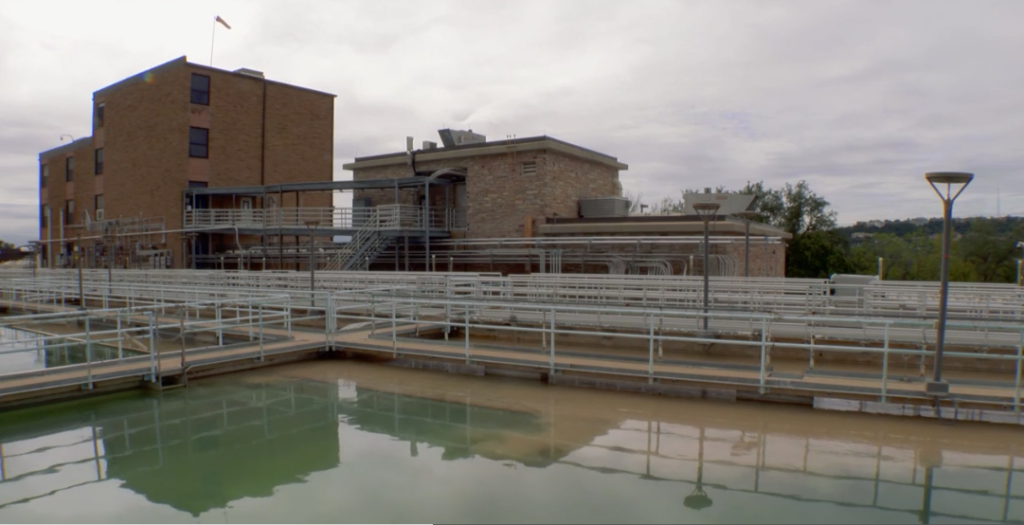A water district is a local governmental entity that provides water or wastewater or other services to its customers in a designated area. Examples of water districts in Texas include municipal utility districts, water control and improvement districts, special utility districts, and river authorities.
Water districts may be created in two ways: (1) “General law” districts were created by the Texas Commission on Environmental Quality or a county commissioners court; (2) “Special law” districts were created by an act of the Texas Legislature.
Powers of Water Districts
Most water districts have the power to:
- incur debt
- levy taxes
- charge for services and adopt rules for those services • enter into contracts
- obtain easements
- exercise eminent domain.
Types of Water Districts
Municipal Utility Districts
Municipal utility districts (MUDs) provide water, wastewater (sewage), drainage, and other services within the district’s boundaries. These other services can include water conservation, irrigation, firefighting, solid-waste (garbage) collection and disposal (including recycling activities), and recreational facilities.
A MUD can require its customers to use its solid-waste services as a condition for receiving its other services. A MUD may provide solid-waste and recycling services through a private company.
MUDs can acquire, develop, or maintain parks or recreational facilities. In certain counties, MUDs may levy taxes to pay for recreational facilities and set and charge user fees.

Water Control and Improvement Districts
Water control and improvement districts have broad authority to supply and store water for domestic, commercial, and industrial use; operate sanitary wastewater systems; and provide irrigation, drainage, and water-quality services.
Special Utility Districts
Special utility districts provide water, wastewater, and firefighting services, but cannot levy taxes.
River Authorities
River authorities are districts created by special law that operate major reservoirs and sell untreated water on a wholesale basis. They may have responsibility for flood control, soil conservation, and protecting water quality. Many river authorities also generate hydroelectric power, provide retail water and wastewater services, and develop recreational facilities.
Most river authorities have no authority to levy a tax but can issue revenue bonds based on the revenues projected from the sale of water or electric power. River authorities often encompass entire river basins, extending into many counties.



